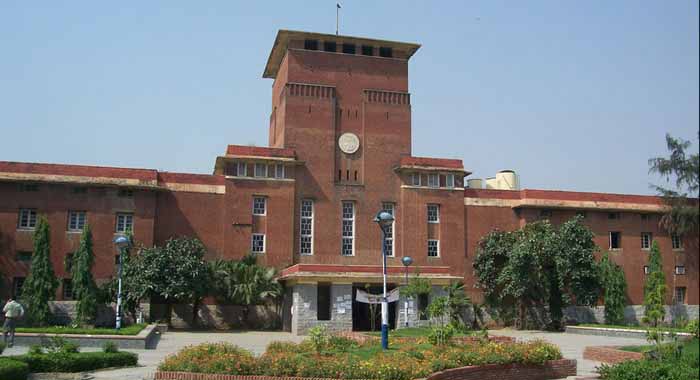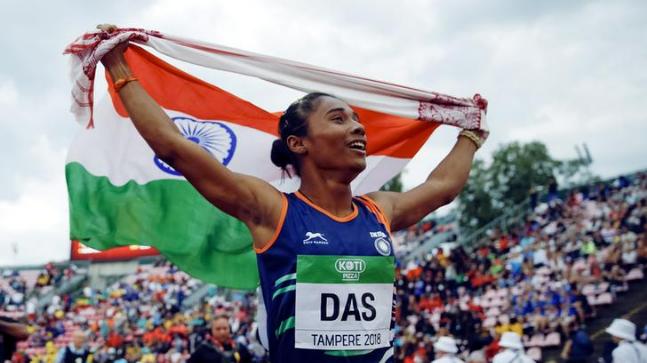Student politics at the prestigious University of Delhi (DU) college Shaheed Bhagat Singh College (Morning) took a bizarre turn when the annual elections to the Students’ Union were marred by unprecedented violence that ended with a student sustaining an injury in his head.
The fiercely contested elections of 12th September witnessed a violent ruckus when the victim, Jatin Sahu’s head was bashed by a Presidential candidate, Vikas Nagar. At around 12:30 p.m., Nagar, along with his team, entered the canteen to campaign for the elections. Sahu, who supports Sandesh Kumar (another Presidential candidate) started campaigning for him, due to which the Nagar team got intolerant and resorted to violence. A video shot at the scene of incident wherein Sahu is blaming Nagar for the attack has been making rounds.
Interestingly, after only six hours of the incident, Jatin Sahu can be seen taking his statement back, and saying, “It is all sorted now.”
It is a shame that such incidents are becoming more and more common with every passing year. In 2017, the campus witnessed violent uprisings in Ramjas College. After Jawaharlal Nehru University, and Hyderabad Central University, DU’s Shaheed Bhagat Singh College (M) has become the new battleground for violent politics.
Ramesh* (*name changed) a third-year student of B.A. (Hons.) Political Science states, “How can someone just change their statement in six short hours after getting their head bashed? Clearly, he was pressured to do so.”
Sandesh Kumar quotes, “It is a shame to have witnessed such an incident. Clearly, the opposition played petty politics that led to such a violent act. I refuse to believe the statement released hours after the incident. If I win the elections, I will address this incident with serious gravity.”
Both, Jatin Sahu and Vikas Nagar were unavailable to give a quote.
“The college is guided by the values of ethics, integrity, national integration,” the College maintains. Yet, sadly, the administration has not taken a single step against the person responsible. It is high time to address such incidents with the seriousness they deserve as college is the ground that lies the first brick to change the politics of the country and clearly India needs leaders that can save the country from the turmoil it is facing.
Feature Image Credits: Hindustan Times
Bhagyahree Chatterjee










